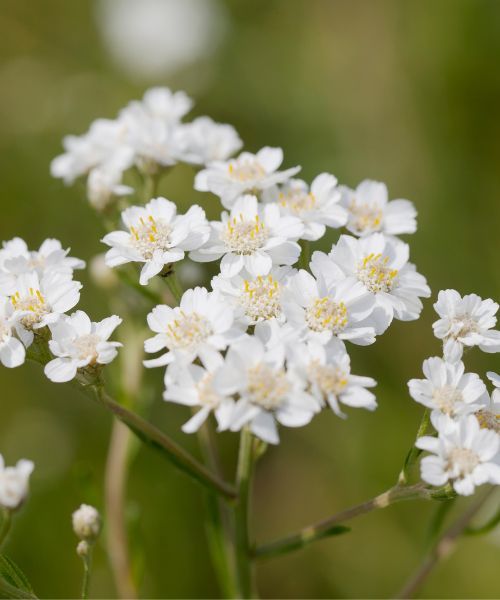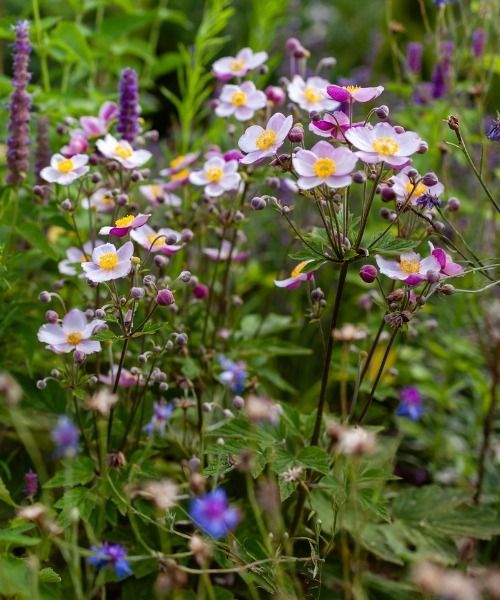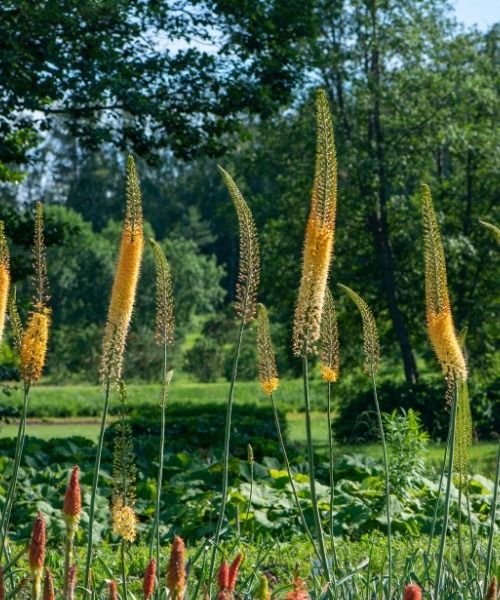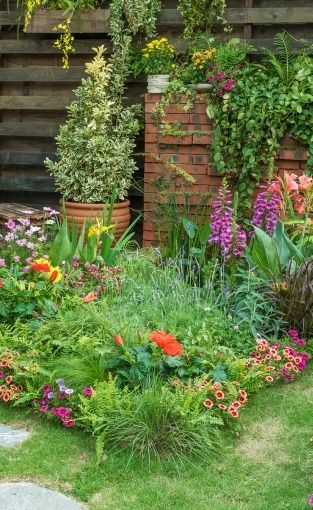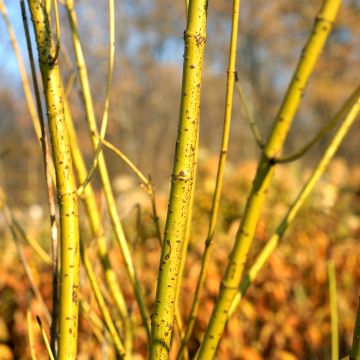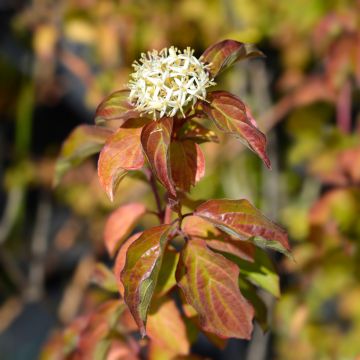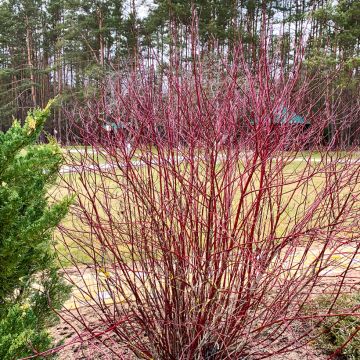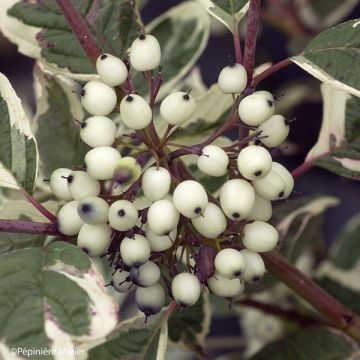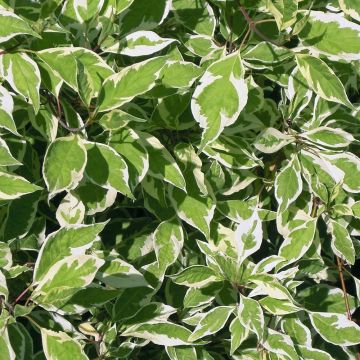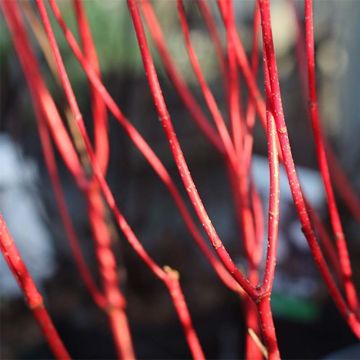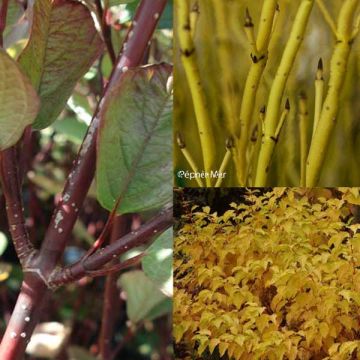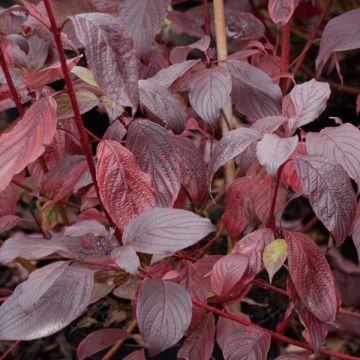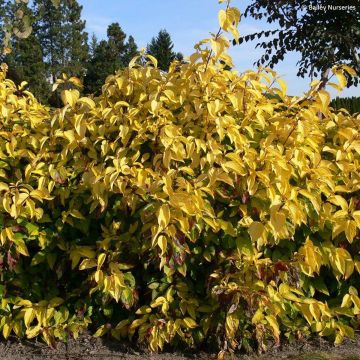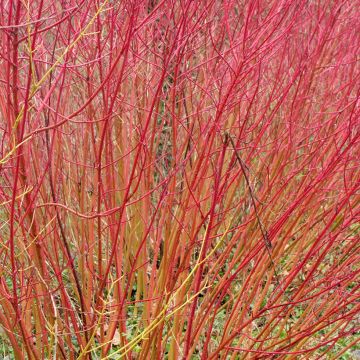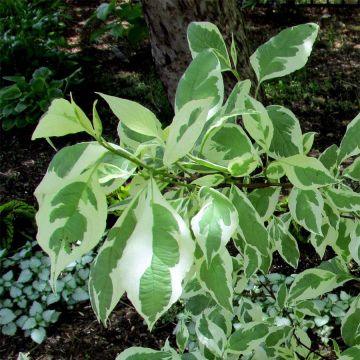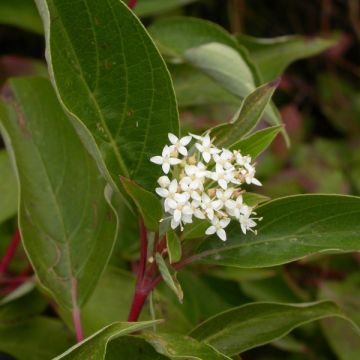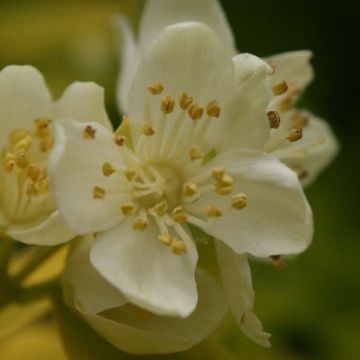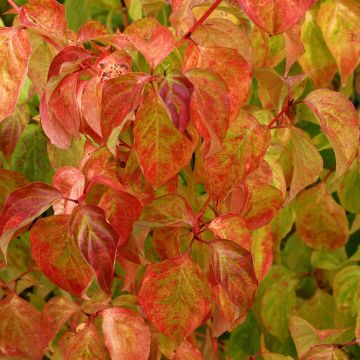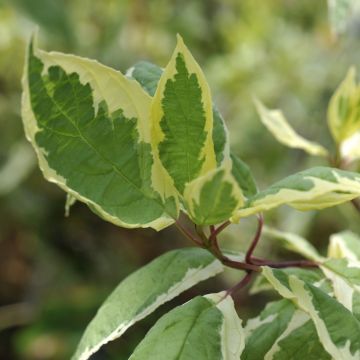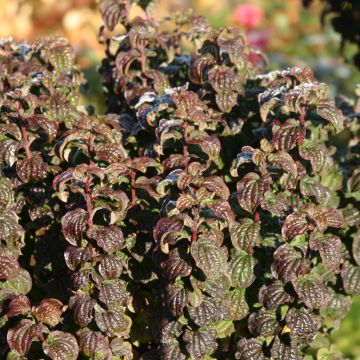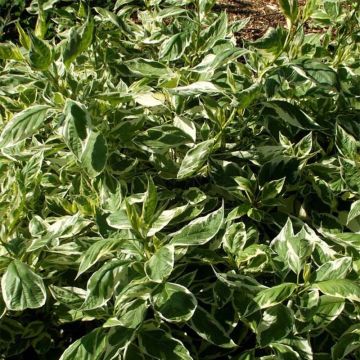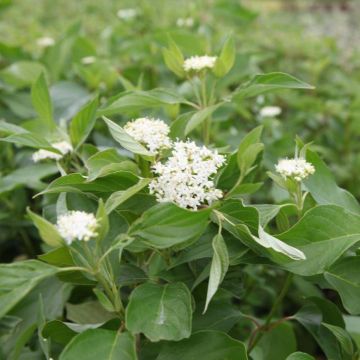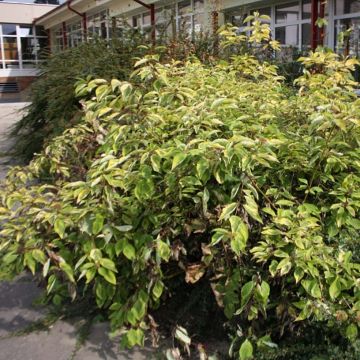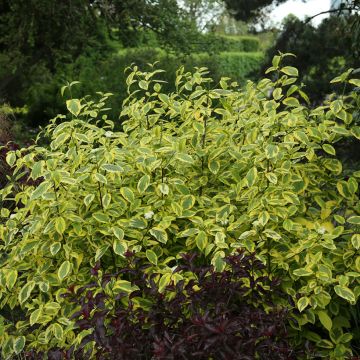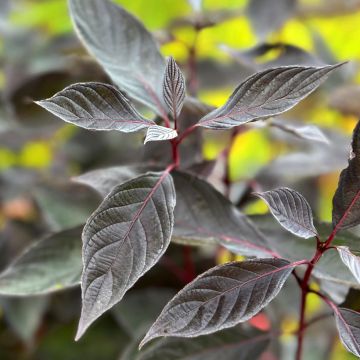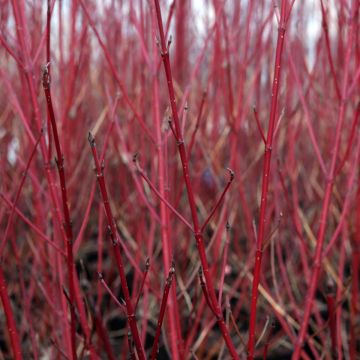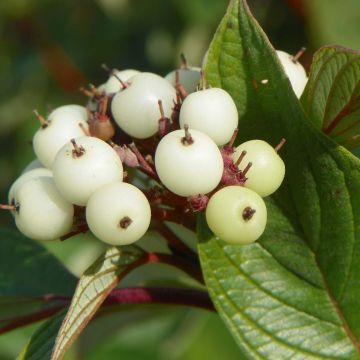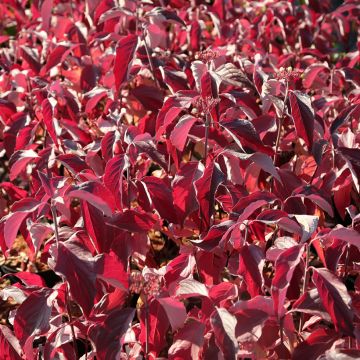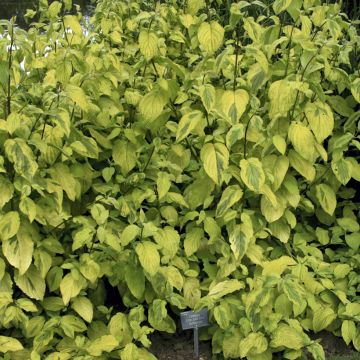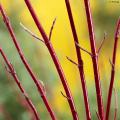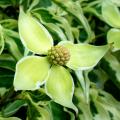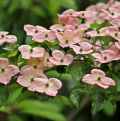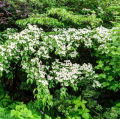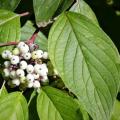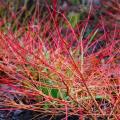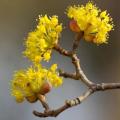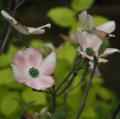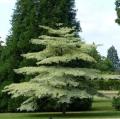Coloured wood Dogwood
Does this plant fit my garden? Set up your Plantfit profile →
Available in 4 sizes
Available in 4 sizes
Available in 4 sizes
Available in 3 sizes
Available in 3 sizes
Available in 1 sizes
Available in 4 sizes
Available in 3 sizes
Available in 2 sizes
Available in 1 sizes
Available in 2 sizes
Available in 1 sizes
Available in 2 sizes
Available in 2 sizes
Available in 2 sizes
Available in 1 sizes
Available in 2 sizes
Available in 4 sizes
Available in 2 sizes
Available in 3 sizes
Available in 2 sizes
Available in 1 sizes
Available in 1 sizes
Available in 1 sizes
Available in 2 sizes
Available in 1 sizes
Available in 1 sizes
Available in 1 sizes
Available in 1 sizes
Available in 1 sizes
Available in 1 sizes
The Coloured Wood Dogwood or Cornus is the evergreen bush for all seasons: its coloured wood, highly visible in winter when the bush is naked, is an ornament for the garden just like its flamboyant autumn colours. The dogwoods white, sanguine or stoloniferous display a remarkably coloured cluster of branches, especially in winter, ranging from coral red, scarlet in the Cornus alba 'Baton Rouge', mahogany, orange, yellow or green depending on the species and varieties. They can be spotted from afar in a landscape deserted by foliage and flowering and they catch the frost and the slightest light.
Coloured stemmed dogwoods are among the easiest bushes to succeed with in the garden! Accommodating and hardy, they thrive in full sun or partial shade and tolerate both moist and drier soils, even limestone ones. They work wonders in an informal hedge, paired with viburnums, lilacs or serviceberries for example. In a large garden, they can also be planted en masse along a pathway or at the edge of a property, in front of a curtain of larger evergreen shrubs. Since they are bushes that enjoy being near water, they can be planted behind a foreground of Astilbes, not far from a pond. Graphic and flexible, their coloured stems are also appreciated for making bouquets and Ikebana compositions. Prune them regularly to maintain beautiful and always coloured branches.
Haven't found what you were looking for?

































